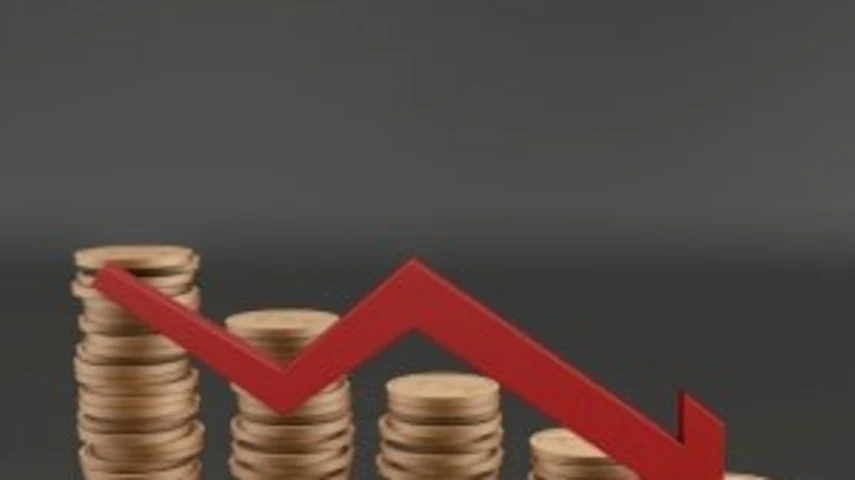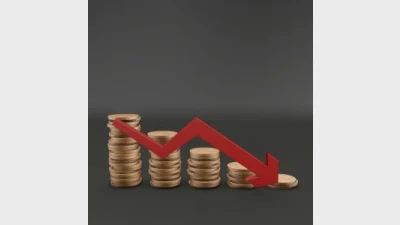Australia’s economy has contracted



Australia's economy has contracted for the first time in five years during the September quarter, according to Fiducian.
Fiducian investment manager, Conrad Burge, said the country's international competitiveness had been eroded in recent years.
"[This was] by a move back towards an inefficient, union-dominated labour market in some sectors, relatively high corporate tax rates and over-regulation that had pushed up costs, while a stubbornly high currency might require further reductions in official interest rates," he said.
Burge said while private investment declined for the seventh quarter in a row, prices for major commodity export items rose, pushing up the terms of trade.
Fiducian said the global economy was forecast by the International Monetary Fund (IMF) to grow a little more strongly this year (up 0.3 per cent to 3.4 per cent) but it was the developing wold that continued to be the driving force behind global growth.
"Amongst the advanced economies, the US is forecast to grow by 2.3 per cent in 2017, the Euro zone by 1.6 per cent and Japan by only 0.8 per cent," the firm said.
"This persistently low rate of growth across the developed world reflects underlying problems in most advanced economies, notably a low propensity to invest and historically low rates of productivity growth."
Fiducian said annual productivity growth in the US was currently below one per cent, the lowest it had been in the post-war period, but it was even lower across much of Europe and Japan.
"Boosting investment and productivity growth is not going to be easily achieved and could require considerable incentives, including tax cuts (especially for companies), greater de-regulation (particularly of labour markets, including through reductions in union power), reduced government expenditure and, in some cases, lower currencies," the firm said.
Share market movements so far this year had included a rise of two per cent for the US (S&P500), one per cent for Germany, two per cent for China, while the UK, Japan, and Australia each fell by under one per cent.
Recommended for you
Ausbil is growing its active ETF range with an ESG product in collaboration with sister company Candriam.
Philanthropic investment group Future Generation’s CEO, Caroline Gurney, will step down from her role at the start of next year.
The newly combined L1 Group is expectant of stabilising Platinum’s falling funds under management within the next 18 months, unveiling four growth pathways and a $330 million equity raise.
Janus Henderson Investors has launched a global small-cap fund for Australian investors, which includes a 5.4 per cent weighting to Australian equities.











